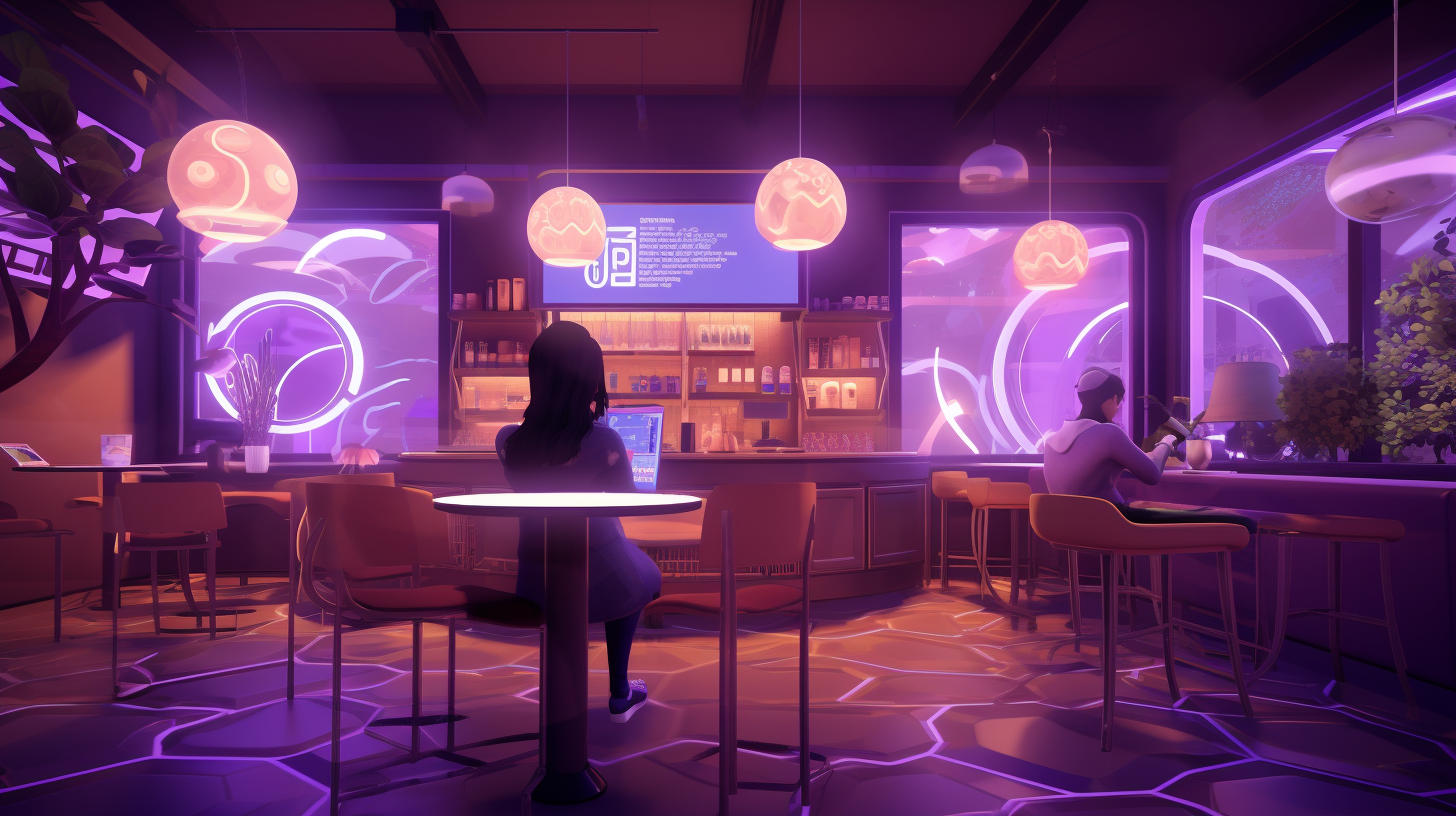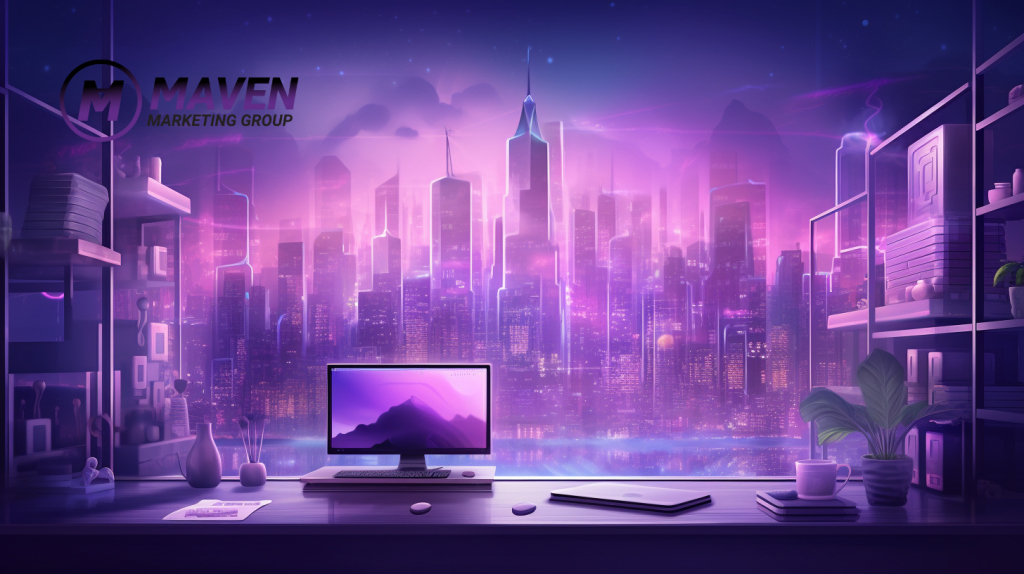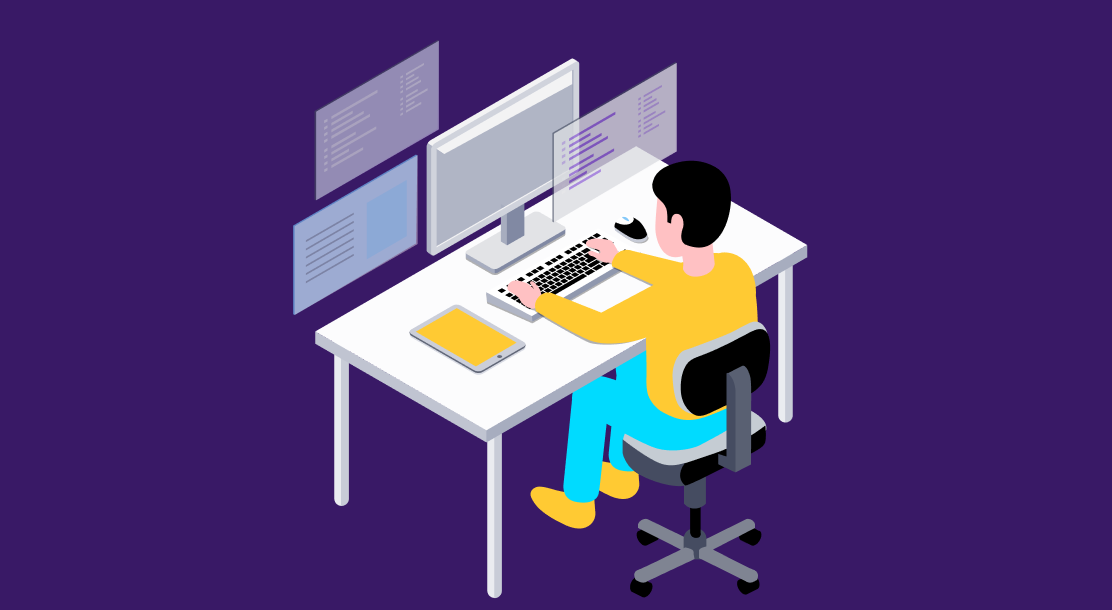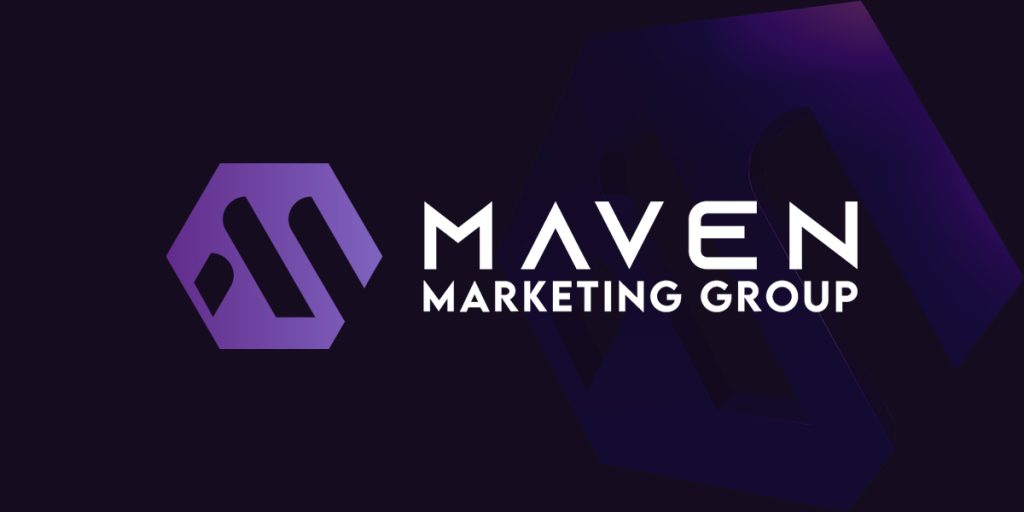
Yes, web design can absolutely be a full-time job.
Many companies hire web designers as permanent, full-time employees due to the continuous need for designing, updating, and maintaining their online presence.
However, the nature of the web design profession also offers flexibility, allowing many designers to work as freelancers, part-timers, or even establish their own website design agencies.
Below, we explore the different employment structures in the world of web design.
Full-Time Positions
- What It Means: Working as an in-house web designer for a specific company or organization.
- Why It’s Common: Companies with a robust online presence often require a web designer and web developer for ongoing website design updates, overhauls, and responsive UX designs to cater to various devices.
Freelance Opportunities
- What It Means: Taking on projects from various clients on a contract basis.
- Why It’s Popular: Web design projects can vary in length, allowing designers to manage multiple clients and choose projects that align with their expertise.
Agency Work
- What It Means: Being part of a team at a design or digital agency that handles projects for different clients.
- Why It’s Beneficial: Web designer agencies offer a collaborative environment, often handling larger website projects that require diverse skills.
Continuous Learning & Flexibility
- What It Means: The ever-evolving nature of web design means designers often have to learn and adapt.
- Why It Matters: Whether working full-time, part-time, or freelance, staying updated with the latest design trends and technologies is crucial for a web designer.
Web design, a key role for digital designers, is versatile, allowing for both full-time and flexible work structures.
While many designers embrace the stability of full-time roles, the dynamic nature of the industry also provides ample opportunities for those seeking varied project work or freelance engagements.










